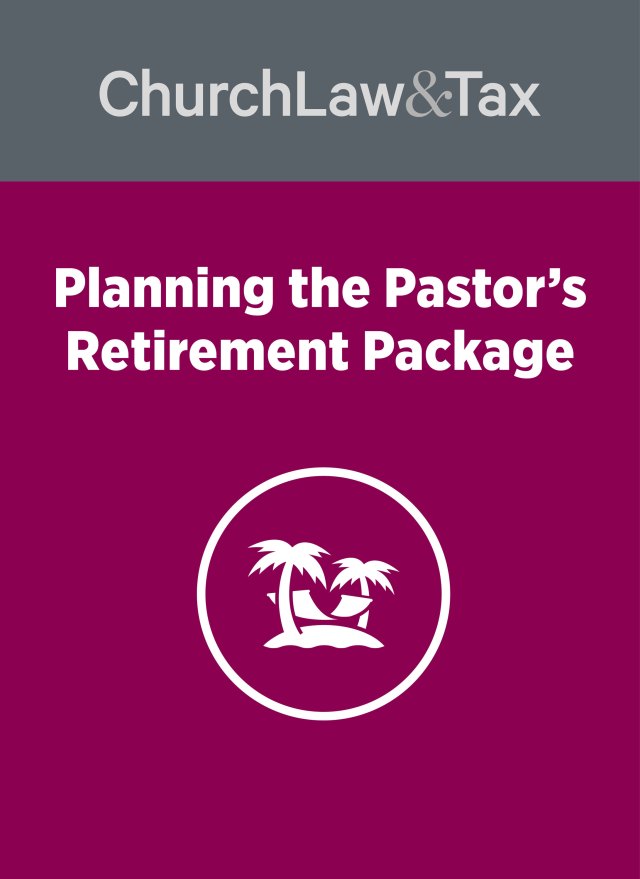Can a retired minister receive a housing allowance? This is a common question, and the answer depends on specific IRS regulations and definitions. Let’s explore the guidelines and considerations related to housing allowances for retired ministers.
What Does the Tax Code Say About Housing Allowances?
According to Treas. Reg. 1.107-1(b), “The term rental allowance means an amount paid to a minister to rent or provide a home, if such amount is designated as a rental or a housing allowance pursuant to official action taken in advance of such payment by the employing church or other qualified organization.”
Note: The IRS uses the term “rental allowance,” but it applies to both rented and owned housing. For simplicity, this article uses “housing allowance” to encompass both scenarios.
Can Denominational Pension Plans Declare Housing Allowances?
Yes, denominational pension plans can designate housing allowances for retired ministers under Revenue Ruling 75-22. The IRS recognizes denominational pension plans as “other qualified organizations,” allowing them to declare a portion—or all—of retirement benefits as a housing allowance. This is permissible as long as the retired minister has severed their relationship with the local church.
What About 401(k) or 403(b) Plans?
For secular 401(k) or 403(b) plans, or 403(b) plans established by a local church, clarity is limited. However, if the plan was developed by the employing church, it likely qualifies under the IRS regulation’s reference to “the employing church.” Consult detailed guidance, such as the Church & Clergy Tax Guide, for further insights.
Can Spouses of Deceased Clergy Receive Housing Allowances?
No, spouses of deceased clergy cannot receive housing allowances. To qualify for a housing allowance, the recipient must meet two criteria:
- They must be a credentialed minister.
- The allowance must represent compensation earned from ministerial duties.
A spouse who later becomes a credentialed minister would need to earn compensation from their own ministerial duties to qualify for a housing allowance.
How Does the Housing Allowance Apply to Assisted Living?
The IRS provides specific guidance regarding assisted living arrangements:
- If a lump sum fee is paid to enroll in an assisted living facility, the housing allowance can only be applied to the payment in the year it was made.
- If annual fees are paid instead of a lump sum, the housing allowance can apply to the fees, provided they are connected to housing-related expenses (e.g., rent or utilities).
- Expenses for food, housekeeping, medical care, or other non-housing-related services are not eligible for the housing allowance.
Financially, annual fee structures often provide more flexibility for applying the housing allowance compared to lump sum payments.
FAQs About Housing Allowances for Retired Ministers
What is a housing allowance?
A housing allowance is a portion of a minister’s compensation designated for housing-related expenses, including rent, mortgage, utilities, and furnishings.
Can retired ministers receive a housing allowance?
Yes, retired ministers can receive a housing allowance if it is designated by their employing church or a qualified denominational pension plan.
Do housing allowances apply to spouses of deceased clergy?
No, spouses of deceased clergy are not eligible for housing allowances unless they are credentialed ministers earning compensation for ministerial duties.
Can a housing allowance cover assisted living expenses?
Yes, but only for housing-related expenses. Lump sum payments can be applied in the year they are made, while annual fees may qualify if tied to housing costs.
Conclusion
Retired ministers can benefit from housing allowances when properly designated by their employing church or denominational pension plan. Understanding IRS guidelines ensures compliance and maximizes benefits. Always consult resources like the Church & Clergy Tax Guide for detailed advice.





